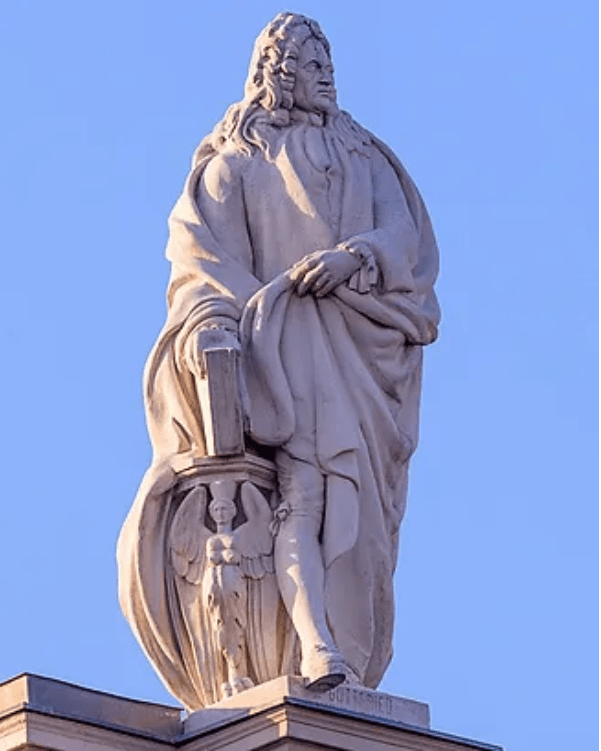Online Seminar Series
Leibniz
Sunday, September 10, 2023
What can we say we know with certainty? What does it mean to say that we know something? How does knowledge differ from belief? Can an exploration of basic philosophical questions, such as How do we know what we know? and What are the limits of our understanding? inform our thinking not just on intellectual issues, but on broader cultural challenges as well?
Gottfried Wilhelm Leibniz (July 1646 – November 1716) was a German polymath active as a mathematician, philosopher, scientist and diplomat. He is a prominent figure in both the history of philosophy and the history of mathematics. He wrote works on philosophy, theology, ethics, politics, law, history and philology. Leibniz is noted for his optimism, i.e. his conclusion that our world is, in a qualified sense, the best possible world that God could have created. Over four monthly online seminars, the series will cover:
– September 10: “On the Ultimate Origination of Things” (pp. 149-155) and
“Preface to the New Essays” (pp. 291-306)
– October 8: Excerpts from the Letters to Clarke (pp. 320-332*) and
“On Nature Itself” (pp. 155-167)
– November 5: Discourse on Metaphysics (pp. 35-68)
– December 3: Excerpts from the Letters to de Volder (pp. 171-178*), “Principles of Nature and Grace, Based on Reason” (pp. 206-213) and The Monadology (pp. 213-225)
*Note: reading doesn’t include all the pages excerpted in Philosophical Essays.
Join us as we discuss these foundational works from Leibniz. This series continues a broader series on epistemology. All are welcome. Please join us even if this will be your first seminar in the series.
Click here to visit the Epistemology Page.
September 10 Reading:
On the Ultimate Origination of Things and Preface to the New Essays by Leibniz
Leibniz: Philosophical Essays
Hackett Publishing Company (March 1989)
ISBN 978-0872200623
Schedule:
12:00-2:00PM PDT
Tutor:
Carol Seferi
Location:
Online. Register to receive the link.


